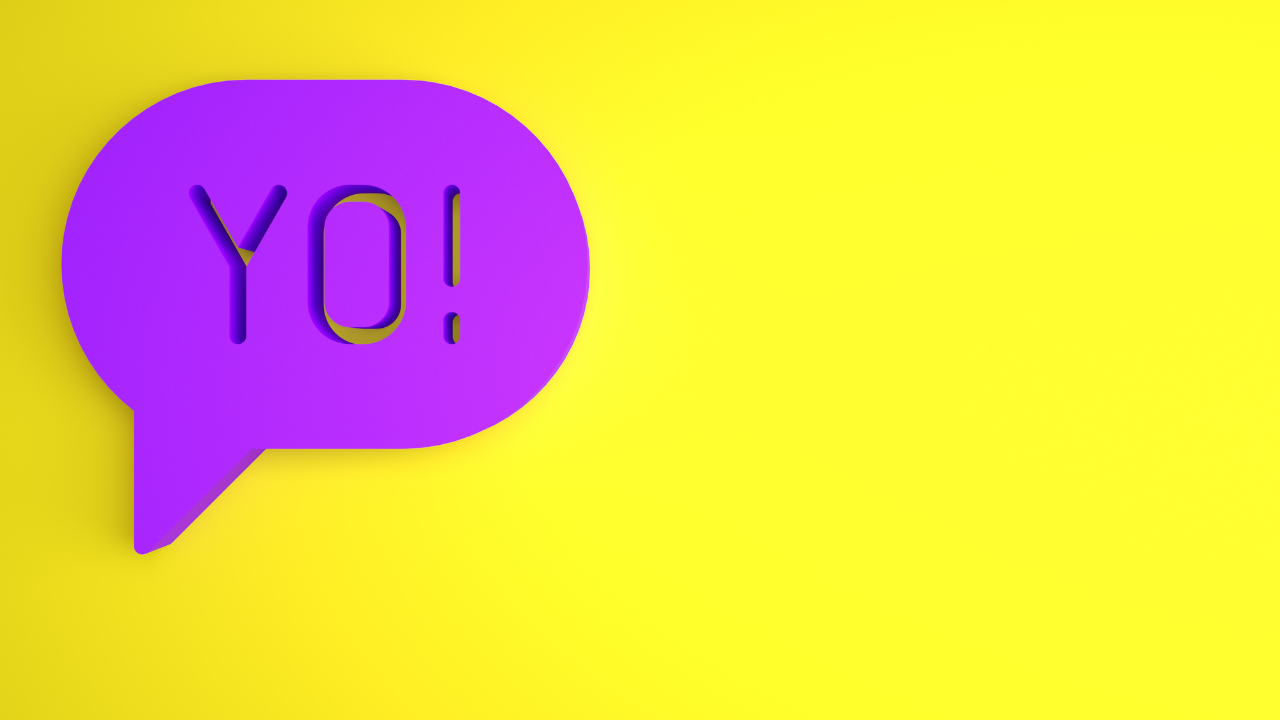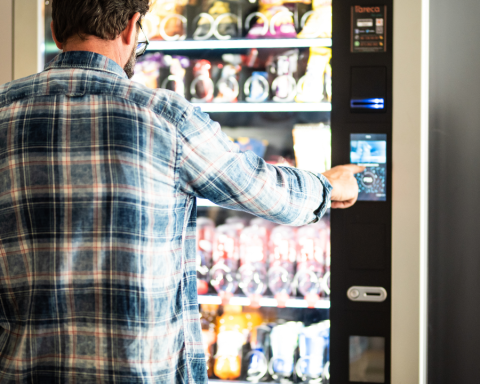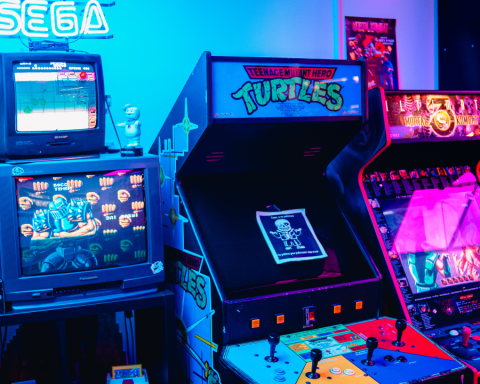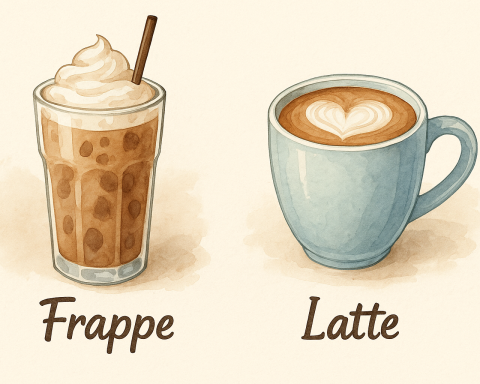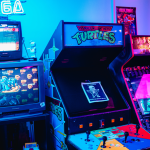« Language is the dress of thought. » – Samuel Johnson. If there’s one thing millennials excel at, it’s creating and adapting slang. From « lit » to « savage, » our unique lexicon helps us connect, express ourselves, and sometimes, leave the older generations scratching their heads. Let’s dive into the world of millennial slang and explore why it’s more than just words—it’s a lifestyle.
1. The Evolution of Millennial Slang:
Millennial slang didn’t just appear out of nowhere. It’s the product of our digital age, influenced by social media, pop culture, and the need for brevity in our fast-paced world. Terms like « bae » (before anyone else) and « GOAT » (greatest of all time) emerged from our desire to communicate quickly and efficiently.
Understanding the origin of these terms can help you use them more effectively. For example, « savage » initially referred to something fierce or untamed, but in millennial slang, it means someone who does something bold or ruthless. Remember when Rihanna called herself a « savage »? That’s the vibe we’re talking about.
For a deeper dive into the meanings and origins of millennial slang, check out the « Millennial Slang Prompt Journal: What The Words of Your Generation Mean To You. » It’s a fun and insightful way to connect with the language of your generation.
2. Popular Millennial Slang Terms:
Let’s break down some of the most popular millennial slang terms you need to know:
- Lit: Something that’s amazing or exciting. Example: « That party was lit! »
- Salty: Being bitter or upset. Example: « She got salty when she lost the game. »
- Ghost: To disappear suddenly from someone’s life without explanation. Example: « He ghosted me after our first date. »
- Extra: Over the top or dramatic behavior. Example: « You’re being so extra right now. »
- FOMO: Fear of missing out. Example: « I have major FOMO when I see everyone’s vacation photos. »
Each of these terms has a place in our everyday conversations. For instance, you might be feeling « salty » about missing out on a « lit » event, and that’s where « FOMO » kicks in.

3. Using Slang Appropriately:
Using millennial slang can be tricky—too much, and you might come off as trying too hard; too little, and you risk sounding out of touch. The key is to use slang naturally and in contexts where it feels appropriate.
Here’s a practical tip: Mix slang with your regular vocabulary. For example, instead of saying, « The party was really fun, » you can say, « The party was lit, and we had a blast. » This way, you keep the balance between being relatable and understandable.
4. The Impact of Slang on Communication:
Slang has a significant impact on how we communicate. It allows us to convey emotions and nuances that might be hard to express with standard language. However, it’s essential to know your audience. While your friends might appreciate a well-placed « savage, » your boss might not.
Millennial slang is more than just a way to sound cool—it’s a reflection of our culture, our values, and our desire for connection. Whether you’re using « lit, » « salty, » or « ghost, » these terms help us navigate our world with a bit more flair and fun.
What about you?
Recommendations:
